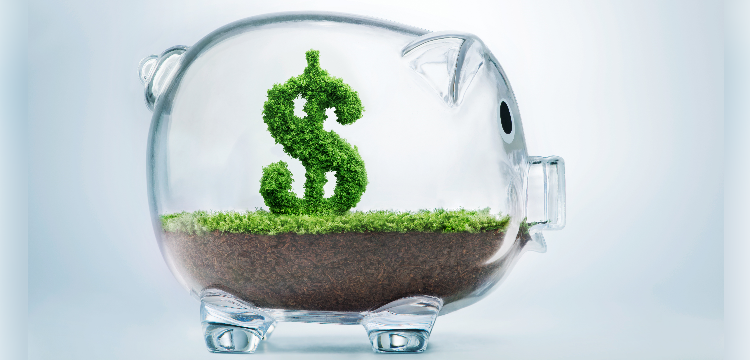
Why Personal Finance Skills Matter
Getting a job often means becoming independent. With that said, a big part of living on your own is being able to manage your own finances. After all, bills, loans, rent, mortgages, insurance, credit cards, and savings are a major part of life. As a result, having the right personal finance skills will pay off.
Remember the “personal” in personal finance as
this Muse article states. Learning about financial concepts and generally good habits are great. However, at the end of the day, it’s you who makes your own decisions. What works for one individual may not work for you, and because of this, you’ll need to learn how to take care of your financial situation in a unique way.
Below you’ll find information regarding different aspects of personal finance.
Income, Spending, and Saving
Keeping track of your income, spending, and savings are basic parts of personal finance. This means knowing how much money you have, as well as how much you gain and spend.
You will have to make large purchases, at some point in your life, which means saving money should definitely be on your mind. The earlier you start saving, the better. If the idea of saving intimidates you, or if your income isn’t that high, don’t worry. Even if you’re putting away small amounts of money, it will add up.
You may want to set aside money to build an emergency fund. Having one is a good idea because it can help you with unexpected, urgent costs that might include medical payments, car repairs, or a sudden job loss.
As a final note, consider investing. This may seem intimidating and difficult to start doing, but you can actually begin right away and save later. Examples of investments include1:
- Stocks
- Bonds
- Retirement plans
- Annuities
Credit, Loans, and Other Debt
Having good credit is important. After all, you will probably take on debt at some point in your life. For example, you will have to make regular payments if you buy or rent a car, house, or apartment.
Your credit history and score have a huge effect on several things. If you have good credit, it will be easier for you to get approved for loans when the time comes. This shows lenders that you can be expected to repay the money in a timely fashion.
You may be wondering, “How do I build credit?” Signing up for a credit card is one way. While they are accessible and easy to apply for through your bank, it is very important to be responsible when using credit cards. Though they help you build credit, they can also damage your credit if you are not careful.  Here are some tips for using credit cards responsively:
- Do not put a high balance on your card at once, and never “max it out.” Your card gives you instant access to money, so it may be tempting to spend “beyond your means,” but remember that using a credit card means taking on debt. Just because you have a credit card does not mean you have free money.
- Don’t use a credit card to buy something you could not normally afford.
- Pay off your card as soon as possible. Credit cards often have high-interest rates and late fees, which means that credit card debt can grow quickly if you are not careful.2
- Your credit card should not be your only “emergency” payment method. You should have another fallback to avoid taking on debt when you don’t have to. 
However, standard credit cards aren’t the only way to build credit. For instance, some banks and credit unions offer credit-builder loans, which are small loans that are designed to encourage wise financial decision making. You can also read more about credit and debt in our
Debt article.
Risk and Insurance
When it comes to personal finance, you should be thinking about insurance. It might seem expensive and even intimidating, but if you can afford it, insurance is a great investment because it will save you money in unexpected events or high costs. In other words, it protects you from risks. In the insurance context, a risk is the possibility of harm, damage, or financial loss on your part. Different types of insurances are specialized and can cover:
- Auto repairs in case of an accident
- Healthcare
- Household damage and theft
- Unexpected travel-related costs
As you consider insurance options, use your best judgment while examining your life and financial situation, and determine what your main risks are. Doing so will help you decide what insurance coverage(s) will be most valuable for you.
Related Resources

Math.com: The World of Math Online

Mathematics, Reading, Science, Writing Scenarios - Foundation Level

Alison: A new world of free certified learning

mySkills myFuture

Career Advancement Scenarios - Management Level

Career Advancement Scenarios - Foundation Level

Problem Solving Scenarios - Management Level

Problem Solving Scenarios - Foundation Level

Positive Attitude Scenarios - Management Level
